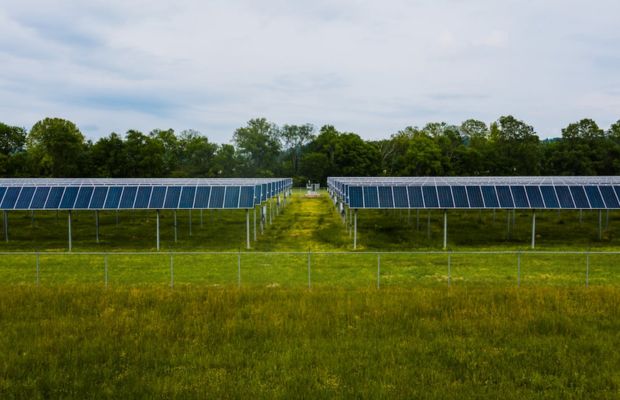In a bid to reduce trade ties with China by hiking tariffs, the United States (US) has inadvertently fueled a surge in imports from Vietnam. This shift has significantly widened trade imbalances, with Vietnam now boasting a trade surplus with the U.S. amounting to approximately $105 billion, a staggering 2.5 times larger than in 2018 when tariffs curbs on Chinese goods were first imposed by the Trump administration.
Data reviewed from various sources including the United Nations, U.S., Vietnam, and China, along with preliminary estimates from the World Bank and experts, confirm this burgeoning relationship. It reveals that Vietnam’s export growth is intricately linked to imports from China, closely mirroring the value and fluctuations of exports to the United States.
While this symbiotic trade relationship has benefited Vietnam’s economy, it raises concerns for the U.S. as Chinese firms might be exploiting Vietnam to evade tariffs. Analysts speculate that post-election, U.S. policy towards Vietnam might undergo changes, potentially impacting trade dynamics.
Vietnam’s appeal as a manufacturing hub has surged amidst the U.S.-China trade tensions, with U.S. imports from Vietnam more than doubling since 2018. However, it’s crucial to note that much of what Vietnam exports to the U.S. comprises parts and components sourced from China.
The interdependence is further highlighted in sectors like textiles and electronics, where Vietnam heavily relies on Chinese inputs. Despite efforts to diversify supply chains, around one-third of Vietnam’s imports still originate from China.
Moreover, Vietnam’s exposure to Xinjiang, the Chinese region embroiled in controversy over human rights violations, adds another layer of complexity. Xinjiang serves as a significant source of raw materials crucial for Vietnam’s industries, raising concerns over forced labor.
As Vietnam emerges as a major player in global trade, it faces scrutiny from the U.S. over issues like mislabeled products and human rights abuses. Investigations by the U.S. Department of Commerce into various sectors underscore these concerns, signaling potential challenges ahead for Vietnam’s trade relations.
In conclusion, while Vietnam’s trade surplus with the U.S. presents economic opportunities, it also poses challenges amidst geopolitical tensions and ethical considerations.

